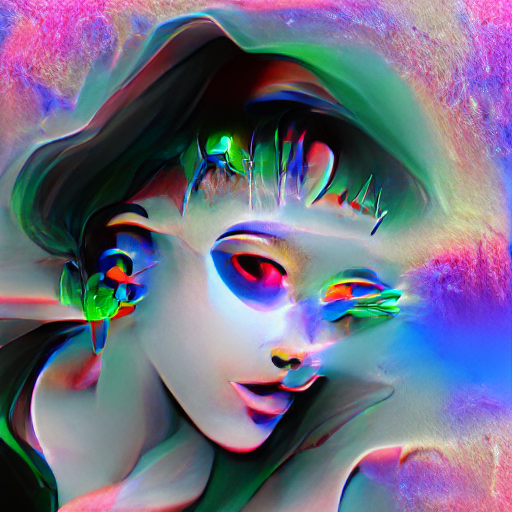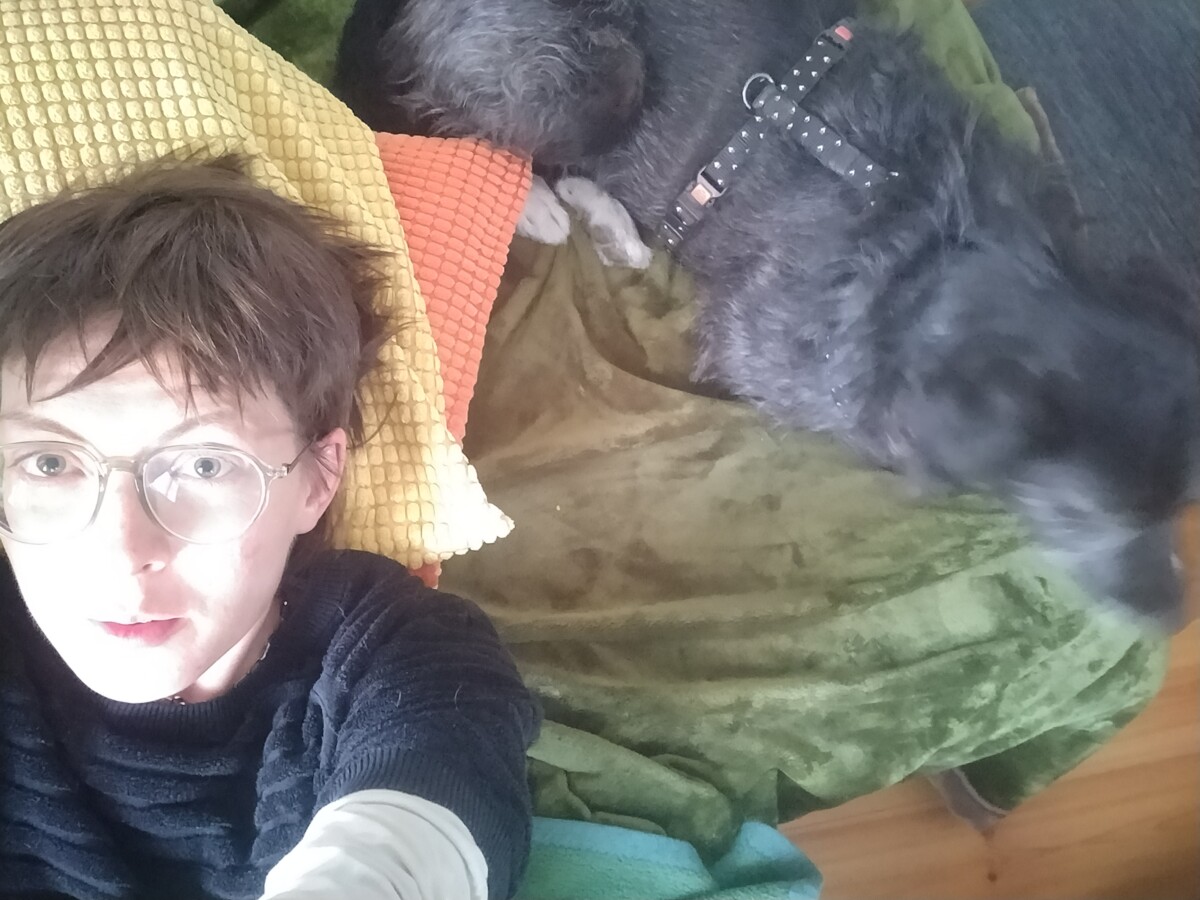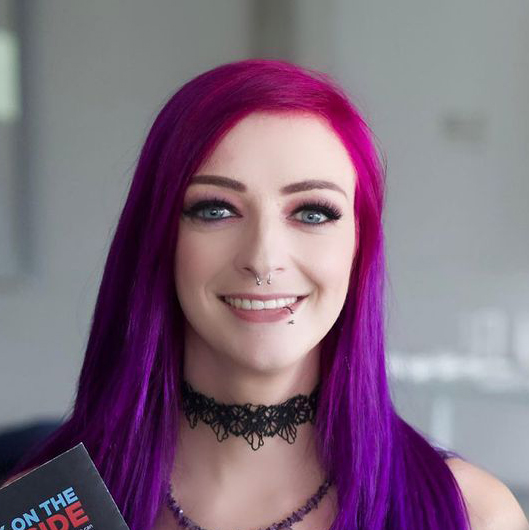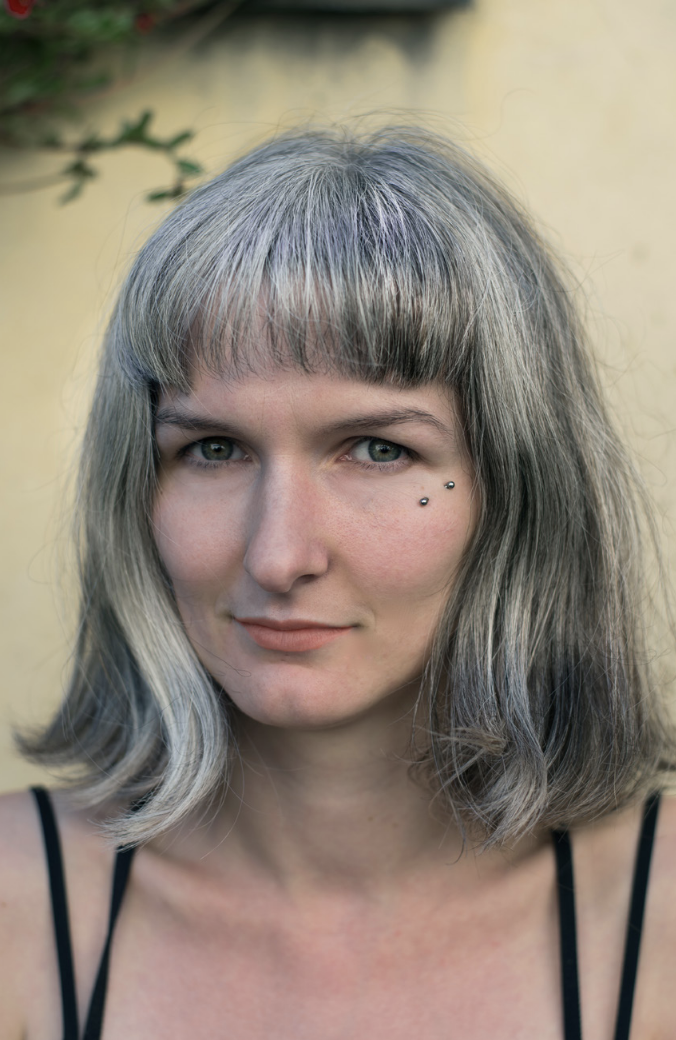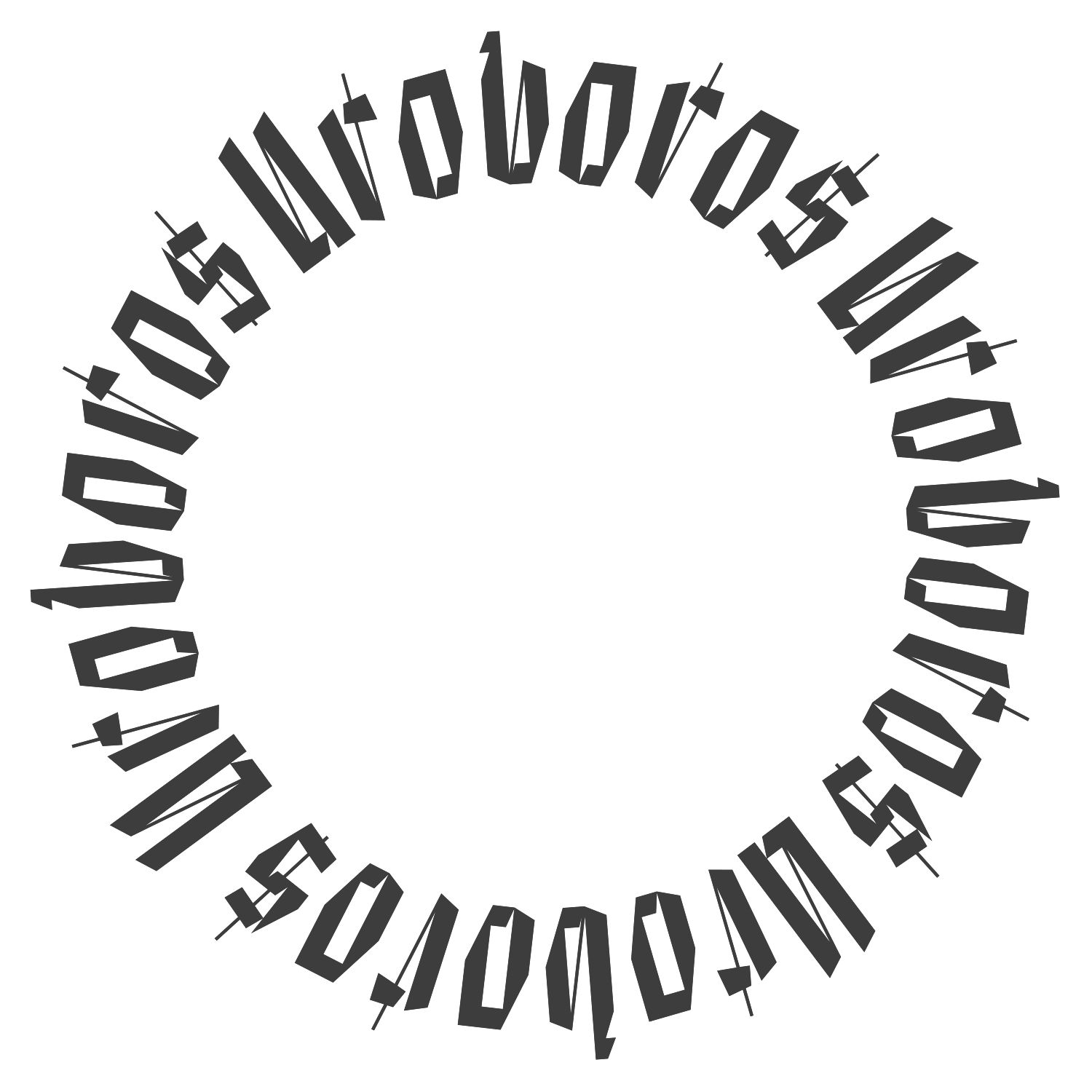
Sensing the Synthetic LOOP
Collective experiments with somatic approach to AI and synthetic media analysis.
–
24 Oct Mon 19:00 CEST
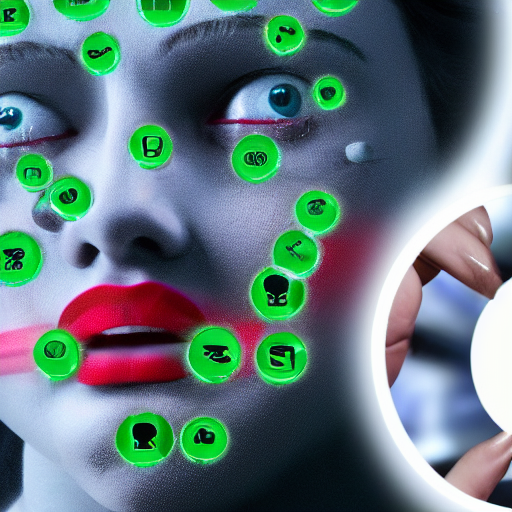
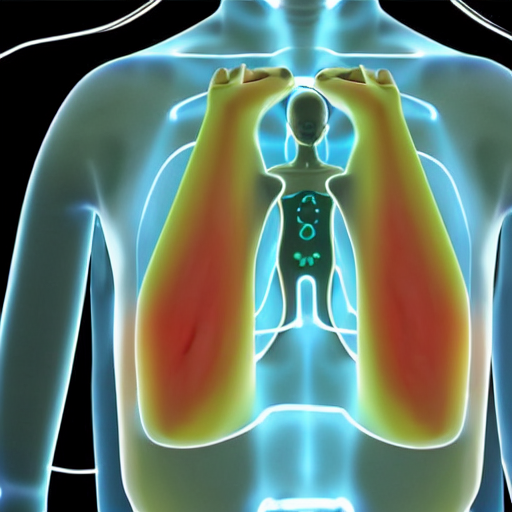
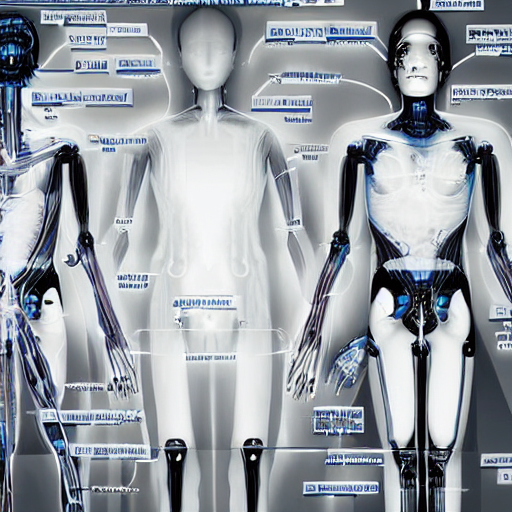
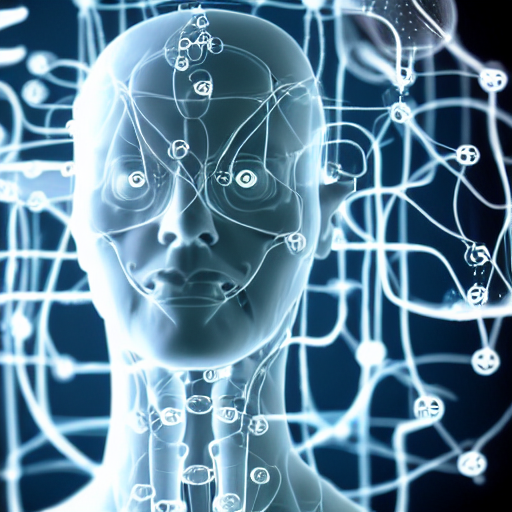
Today’s creative applications of generative neural networks foreshadow the impact of AI on human imagination and creativity but also many problematic ethical implications. Synthetic media have been around for too short a time for their impact on society and our perception of information and, more generally, of the nature of this new reality to become apparent. But to consider their impact in purely theoretical terms precludes other perspectives and forms of intelligence. Synthetic media need to be experienced ‘first-hand’, perceived with the whole body. Unlike artificial intelligence, our neural networks are influenced by our physicality and emotions. How to acknowledge our bodily situatedness while having a creative dialogue with AI? In what ways can we create a reciprocal relationship between us and AI so that AI takes good care of us and we take good care of it?
Within this dedicated programme track, an artistic research group will be formed to work in a concentrated way over a period of 4 weeks to reflect on the relationship between the human body and the phenomenon of synthetic media and creative forms of artificial intelligence. Synthetic media will play the role of research as well as design material, with which participants will interact conceptually but also practically.
The programme will be delivered online in the form of weekly group meetings, which will act as a trigger for subsequent week-long individual work and reflection. An important aspect of the exploration will be the perception of synthetic media through one’s own body and an emphasis on the emotions that the individual triggers will evoke, collected in the form of autoethnographic recordings of each participant. The aim is to develop a list of innovative artistic research methods through which the implications of synthetic media, the relationships between human and non-human actors in AI media synthesis, and our place in this future can be critically explored.
The group will be composed partly of invited artists and researchers working on the topic of artificial intelligence and synthetic media and partly of an open call for interested local participants. This will include public lectures, workshops and discussions during the festival. The output of the artistic research activity will be a collaboratively produced publication documenting the methods used, personal experiences, emerging themes, critical moments and ideas.
Connected events:
Lenka Hámošová
Lenka Hámošová is the curator and co-organiser of the Uroboros festival. Her artistic and research practice focuses on the future implications of AI-driven media synthesis and explores how co-creation with AI can empower human imagination. She is currently pursuing his PhD studies at the Film and Television Faculty of the Academy of Performing Arts in Prague (FAMU).
She combines artistic research with participatory workshops and visual research methods. Through workshops she engages artists, designers, theorists and computer scientists in interdisciplinary dialogue and speculative brainstorming. She initiated the participatory project Collective Vision of Synthetic Reality, which includes an educational deck of cards with categorized AI/ML models used in the production of synthetic media.
Lenka has a background in visual communication and critical design and received her Master of Design from the Sandberg Institute in Amsterdam in 2014.
Alexa Steinbrück
Alexa Steinbrück is a software developer and artist interested in language and computation. She has been running a lab for artificial intelligence & robotics at University of Art and Design Burg Giebichenstein in Germany during the last 2,5 years. She is researching and teaching creative AI practices and demystifying AI with aimyths.org and betterimagesofai.org. She's the co-host of "towards co-creation" podcast where she speaks with creatives on how they integrate machine learning in their creative practices.
Martina Šimkovičová
Artist, photographer, independent researcher. Interested in subtle perspectives of human life. Co-founder and adventurer at Robota - Center for Advanced Studies.
Alina Matějová
Alina Matějová aka Alina Random is a freelance graphic designer, dancer, artificial intelligence enthusiast and organizer of the HUMAIN project, which focuses on the intersection of design, art, humanities and artificial intelligence. Among other things, she is a graduate of Interactive Media Theory at Masaryk University and the Graphic Design Studio 2 at the Faculty of Fine Arts, Brno University of Technology, where she is currently working on her PhD, which explores artificial intelligence as an artifact of visual culture.
Scy Heidekamp
Scy Heidekamp is a Media Designer from The Netherlands with a specialization in implementing new technologies in art and design. She recently completed her Master's degree in Future Design in Prague and now spends her time in Vienna as an AI artist and researcher at AI motion picture studio Seyhan Lee.
Natália Zajačiková
Natália Zajačiková is a photographer and noise-maker from Žilina, Slovakia. In the years 2012-2020 she worked as a photographer at various independent cultural centres in Prague, Innsbruck and Berlin with the main interest in documentary photography of contemporary dance and theatre. She works with an inability to control the space, object and subjects that
appear in the shots. Her sound production is based on a semi-improvisation with analogue synthesizer and layering loops. It builds on a slew of pulsating drones, excessive noise. At the moment she lives in Bratislava and studies Digital arts at Academy of Fine Arts and Design in Bratislava.
Dita Malečková
Philosopher, lecturer, writer, artificial intelligence researcher. Dita studied Philosophy and Information Science at Charles University in Prague. She lectured for a decade about New Media, Art, Philosophy and Media theory. From 2019 her attention is focused on relation of human and artificial neural networks. Dita is the o-creator of Digital Philosopher and Digital Writer.
